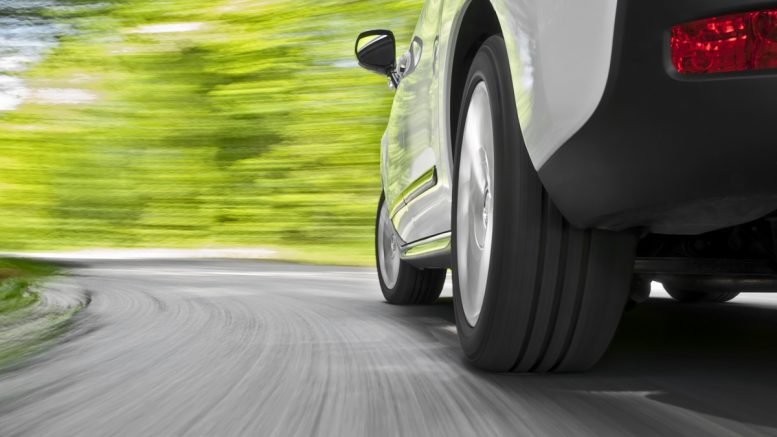Driving under the influence (DUI) is a common offense in the U.S., but many individuals are not really familiar with the law. The law slightly varies from one state to another, and North Carolina is no exception.
Being
suspected of DUI or driving while intoxicated (DWI) is devastating,
especially if you are the breadwinner of the family. Aside from having a
bad record, suspected drunken drivers are also at risk of losing
finances, particularly if their impairment resulted in a crash with
injuries.
Common DWI Law Misconceptions in North Carolina
Most people who work with a bail bondsman in Concord, NC
are often confused with the state’s impaired driving laws. In some
states, impaired driving is referred to as DUI, but in North Carolina,
it is referred to as DWI.
The term is commonly used for individuals who have a blood alcohol content (BAC) level of at least .08%. The term DWI is used when a person is impaired by either an alcoholic beverage or controlled substance. As a driver, it is important that you understand the DWI laws in the state:
- First-time DWI offenders under 21 years may be convicted because underage drinking is prohibited in the state.
- The state may revoke the license of a first-time DWI offender for a year.
- The state may revoke it for another four years if the offender made the same offense within three years after the first conviction.
- BAC level is reduced to .04% if the offender was previously convicted for the same offense.
- Level 5 DWI means least severe offense while level 1 DWI means most severe. Level 1 can be considered “aggravated” in some worst DWI cases.
- Convicted “aggravated level 1 DWI” may need to settle as much as $10,000.
- Repeat DWI offenders find it costly to get insurance and liability coverage because they are often considered as “high-risk.”
- Repeat DWI offenders may have their vehicles sold by the state.
- High-level DWI offenders are required to use an interlock ignition device (IID). It is also required for individuals caught with a BAC level of .15% and those who have been convicted again in less than seven years.
- Convicted DWI offenders may only get their license and driving privileges back after undergoing a state-approved process that includes treatment, education and assessment.
Top Reasons to Suspect DWI

At some point, a police officer or trooper may pull you over while driving even if you are not driving while intoxicated. Keep in mind that authorities will only arrest you if they have a reasonable suspicion to do so. Often called “probable cause,” authorities may find you suspicious on the road if you cannot maintain on your lane, drive at night with headlights off, or fail to follow simple traffic signs.
Depending on the severity, being arrested of DWI is frustrating for first-timers. Financial loss is often the result when a person is arrested. However, if this happens to you, a bail bondsman can offer you solutions to keep you working.
